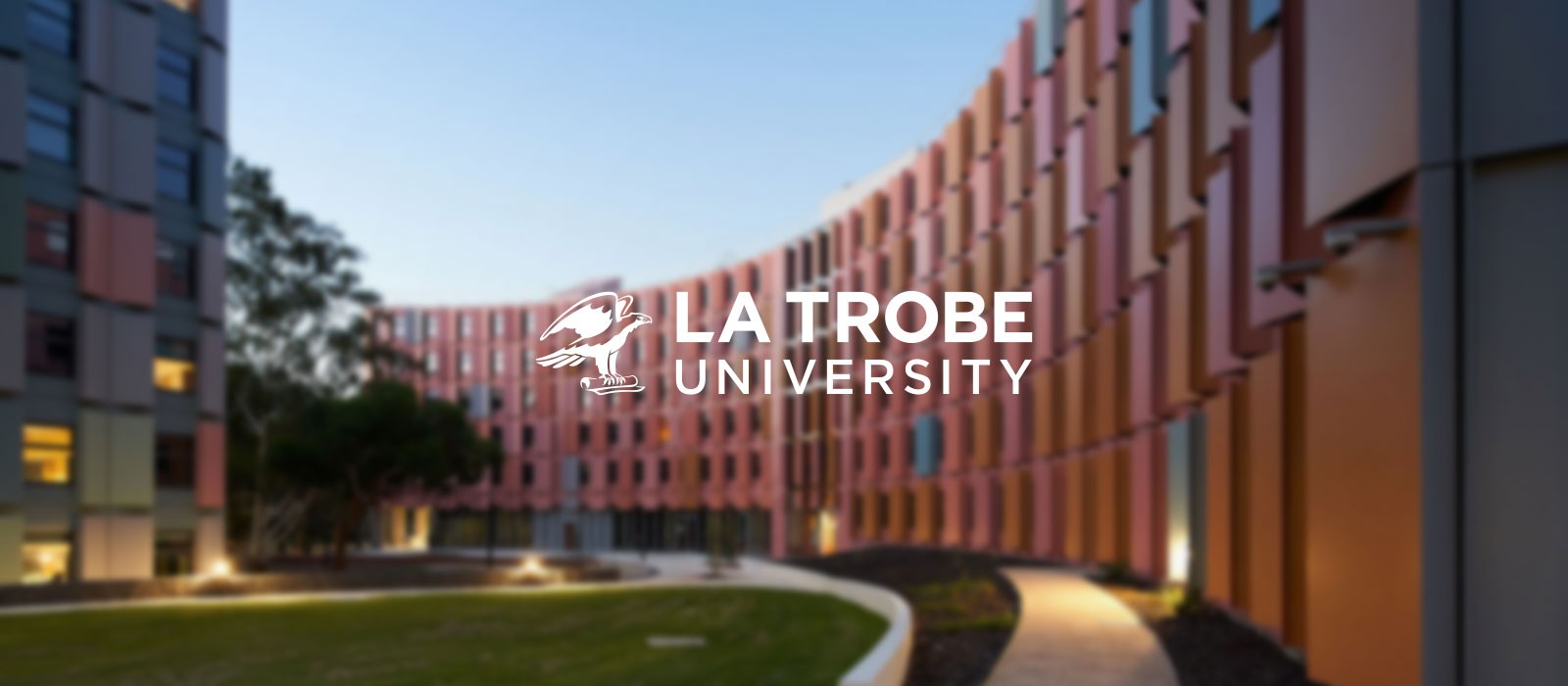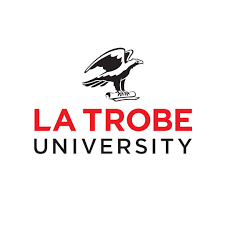
BACHELOR OF ANIMAL AND VETERINARY BIOSCIENCES


Overview
Duration
3 YEARS FULL-TIME
3 YEARS FULL-TIME
Scholarship
YES
YES
Fee
A$40 800 PER 120 CREDIT POINTS.
A$40 800 PER 120 CREDIT POINTS.
Intake
SEMESTER 1 (MARCH 2025)
SEMESTER 1 (MARCH 2025)
Overview
- About the Bachelor of Animal and Veterinary Biosciences
- With La Trobe's Bachelor of Animal and Veterinary Biosciences, you can turn your love of animals into a fulfilling career.
- Study the basics of animal science, including breeding, nutrition and animal welfare. You'll also delve into global issues such as food security, epidemics and pandemics, and the environmental impacts of animal agriculture. In later years you'll explore animal psychology, biochemistry and immunology.
- Theory is vital, but we know you can only learn so much in the classroom. That's why your theoretical studies will be supported by robust hands-on learning. Each year of your degree will include practical elements, such as real-life animal case studies which give you the chance to work closely with our industry partners. Placements – both compulsory and elective – allow you to take your learning out of the classroom and into the real world. Industry experts will present lectures and workshops throughout your degree, giving you first-hand insights into your future. You'll graduate with experience under your belt and the foundations of a strong professional network.
- Already know how you want your career to look? There's scope for you to make this degree what you want it to be. A wide range of electives in areas like zoology, wildlife and agriculture science give you the opportunity to tailor your studies to your career goals.
Inquire Now
ENTRY REQUIREMENT
- International entry requirements
- Nepal: 70%
- Subject prerequisites
- Units 3 and 4: a study score of at least 25 in English (EAL) or at least 20 in English other than EAL.
- English language requirement
- 6.0 IELTS (Academic) with no individual band less than 6.0.
COURSE AND CAREER OUTCOMES
- Bachelor of Animal and Veterinary Biosciences intended learning outcomes
- Develop scientific written reports related to animal and veterinary bioscience that communicate professionally to peers and lay communities
- Analyse and evaluate evidence from experiments, scientific reports and journals to make recommendations on animal and veterinary issues locally and internationally.
- Analyse and generate solutions for complex problems in animal and veterinary bioscience.
- Analyse real world problems in animal and veterinary bioscience using systematic approaches to reasoning and understanding of scientific concepts.
- Apply effective teamwork through collaboration, negotiation and communication to complete professional projects and tasks.
- Critically apply a coherent grasp of the values that shape the work of a scientist in animal and veterinary bioscience.
- Apply detailed knowledge and understanding of animal science to identify, analyse and solve problems with the health, welfare and management of domesticated and captive wild animals.
- Bachelor of Animal and Veterinary Biosciences career opportunities
- You'll graduate ready for employment in a range of animal industry roles. With further study, you could also go on to a career as a veterinarian.
- Depending on the electives you choose, you could pursue a career as a:
- Conservation scientist
- Use your knowledge to protect wildlife and improve land usage for governments, farmers and other stakeholders.
- Microbiologist
- Study bacteria, viruses and fungi to understand how they contribute to health and sickness in animals.
- Animal health officer
- Inspect facilities to ensure animal health, sanitation and wellbeing. This may include livestock markets, hatcheries, pet stores, animal quarantines, labs and feedlots.
FEES AND SCHOLARSHIPS
- Estimated course fees for international students
- Estimated fees per year (2025):
- Indicative based on 2024 fees
- A$40 800 per 120 credit points.
- Note: 120 credit points represents full-time study for one year.
- International scholarships
- Destination Australia – an Australian Government initiative
- The Destination Australia scheme supports new international students to study in regional Australia and offers students a high-quality learning experience. For eligible applicants, these scholarships are worth up to A$15 000 per annum for up to four years.
Popular Courses
Start your journey with landmark today!
Find your perfect course
Answer a few questions and
our course matcher will do the rest
Head Office
Level 5, IT Plaza
Kamaladi, Kathmandu
Tel: +977 14542781, 9845566225
E-mail: info@landmarkedu.com
Kamaladi, Kathmandu
Tel: +977 14542781, 9845566225
E-mail: info@landmarkedu.com
Sydney office
Suite 1 Level 1,
46 Macquarie Street,
Parramatta, NSW
Tel: +61 415 122 814
46 Macquarie Street,
Parramatta, NSW
Tel: +61 415 122 814
Branch office
Sahidchowk, Chitwan
Tel: 056-590825
Tel: 056-590825
Mahendrachowk, Biratnagar
Tel: 021-590828
Tel: 021-590828
Level 2, Milanchowk, Butwal, Rupandehi
Tel: 977-71-591694
Tel: 977-71-591694
© Landmark Education. All rights reserved.


